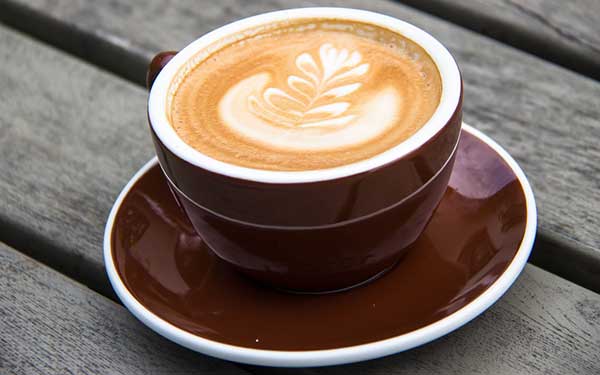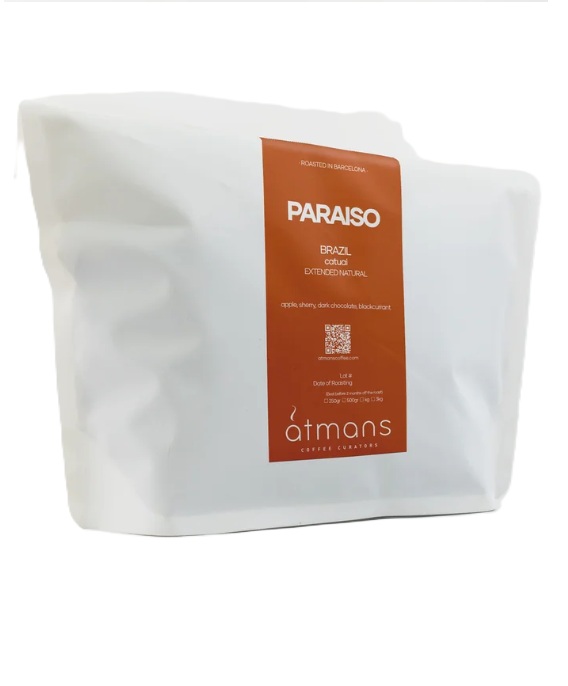
Scientist says coffee can improve genes and treat diabetes
Scientist says coffee can improve genes and treat diabetes
- Shelli Galici
- 28-06-2018
- 29-07-2025
- 1462 views
- Featured Articles, Information

Coffee is considered a superfood because of its health benefits that link to many kinds of diseases. And a recent study says that coffee may not just perk up the brain, but it may improve the genes as well.
A team led by Martin Fussenegger of ETH Zurich in Basel has shown that caffeine can be used as a trigger for synthetic genetic circuitry, which can then, in turn, do useful things for us—even correct or treat medical conditions. To test the study, the team administered a system to attend type 2 diabetes using a mouse with sips of coffee, using the Nespresso Volluto coffee. The researchers found out that the animals who drink the caffeinated beverage have activated the synthetic genetic system in their cells implanted in their abdomens. Therefore the study leads to the production of a hormone that increases insulin and lowers blood sugar levels—thus successfully treating their diabetes after a simple morning brew.
The new study was published Tuesday in Nature Communications, Fussenegger and his colleagues said, “We think caffeine is a promising candidate in the quest for the most suitable inducer of gene expression.” They admit that scientific biologist like themselves have long been searching for inducers that can jolt artificial genetics. But earlier options had problems where other methods such as antibiotics can spur drug-resistance in bacteria and food additives that can have side effects. Caffeine, on the other hand, is safe, because it is non-toxic and only present in specific beverages, they added.
“Capitalizing on routine cultural habits [coffee and tea drinking], therapies based on such systems should seamlessly integrate into people’s lifestyle, and therefore could be a key pillar upon which the new generation of personalized medicine can build,” they speculate.
This study is the start of something that shows potential for growth hormones and treating diseases like diabetes.
In the study, the mice who drink coffee did not encounter any problem such as increased heart rate or dangerously low blood-sugar levels. The researchers also noted that decaffeinated beverages didn’t activate the system.
There is still a long way of constant study for this concept, but Fussenegger and his team are optimistic that their caffeine-based system could conveniently be harness for therapies in the future.
More about this story at ars technica






















